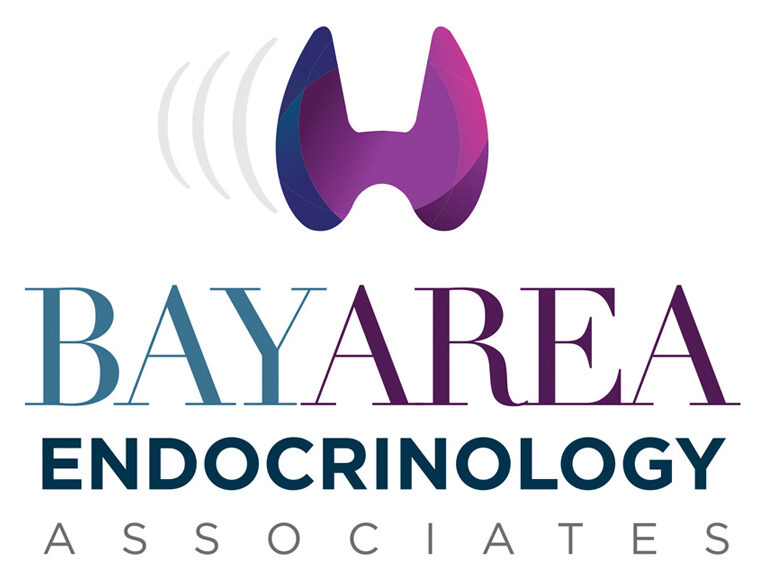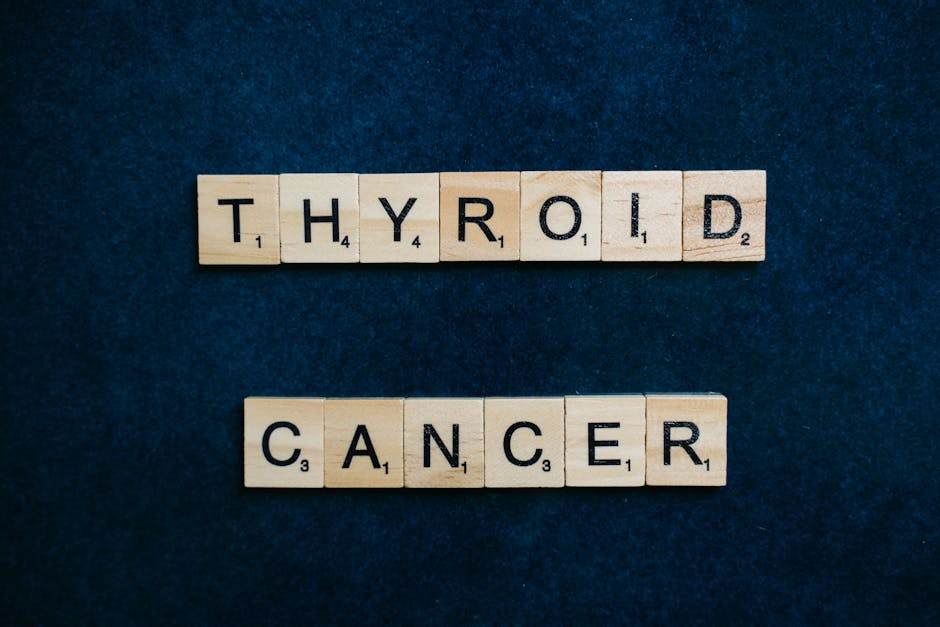Osteoporosis And Your Thyroid
Most people don’t associate their thyroid health and their bone health, but the two are closely connected. If your thyroid isn’t functioning correctly, you can be at risk of developing osteoporosis. Those who are Caucasian and are slightly built have the highest incidence of hyperthyroidism osteoporosis, but anyone who has too much thyroid hormone can develop it.
What Is Osteoporosis?
Osteoporosis is a bone condition that can affect any person at any age. Typically, it occurs as a result of the aging process, but there are other causes. Osteoporosis causes the bones to become brittle and they can break easily because they’re very fragile. More than 2 million fractures annually can be attributed to osteoporosis, and most of them occur in the hip, spine or wrist. Almost 80 percent of the 54 million Americans who have been diagnosed with osteoporosis are women, and this can be due, in part, to hormonal fluctuations and the fact that men’s bones are denser than women’s bones. Statistically, as many as 50 percent of women and 25 percent of men who are more than 50 years old will incur a broken bone that’s attributable to osteoporosis.
The exact causes of osteoporosis are as yet unknown, but the process and the ramifications of it are well understood. Diseases such as Cushing’s syndrome and kidney disease can contribute to the onset of osteoporosis, as can some medications that cause bone loss, such as steroids and anti-seizure medications. However, hyperthyroidism is a very common contributor to the onset of osteoporosis. Hormone replacement therapy, or HRT, that uses estrogen can help maintain bone density, but many women are reluctant to use HRT because of its potential side effects. Resistance activities such as walking uphill or lifting small amounts of weight can help to increase bone density and offset the deleterious side effects of osteoporosis, even if it’s caused by hyperthyroidism. If you suspect that you have hyperthyroidism osteoporosis, then you should schedule an appointment with your Tampa endocrinologist who can perform the necessary diagnostic tests. At Bay Area Endocrinology, we perform all our tests on site, we don’t send them to a lab for processing. Whether you need a biopsy, lab work, an ultrasound or another type of test, it will all be done on site, so you won’t have to wait days to get started on treatment.
What Is Hyperthyroidism?
Your thyroid gland produces two main hormones: T3, which is triiodothyronine, and T4, which is thyroxine. About 80 percent of the total production of these two hormones is the T4 hormone, and 20 percent is the T3 hormone. When you have hyperthyroidism, your body produces an excess amount of thyroid hormones, so you experience symptoms such as weight loss, fatigue, insomnia, heat intolerance, brain fog, and bone loss. Although the other symptoms are rather self-explanatory, bone loss can be puzzling.
If you have hyperthyroidism, you excrete excessive phosphorous and calcium through your urinary tract and your bowels, so you’re continually losing some of the minerals that are necessary for maintaining healthy bones. Whether you have hyperthyroidism because your thyroid is overactive or because you’re taking too much thyroid medication, the result is the same. If you’re taking thyroid medication, you should have your blood checked annually at a minimum because your body chemistry changes, so your dosing requirement may periodically change. If you have trouble maintaining your weight or if you repeatedly have a fractured or broken bone, you may have hyperthyroidism osteoporosis. In order to receive a correct diagnosis of this disease, you’ll need to have your condition diagnosed by your Tampa endocrinologist, so call us today to schedule an appointment and get started on your treatment regimen.
How Does Hyperthyroidism Cause Osteoporosis?
When your thyroid is overactive, which it is if you have hyperthyroidism, it causes your body to flush vital minerals and nutrients from your body. This includes the calcium and phosphorous that you need to maintain healthy bones, so over time, your bones will thin and become brittle because they no longer have the minerals they need to stay strong and healthy. Even if you take calcium supplements or other types of supplements, if your hyperthyroidism osteoporosis is left untreated, your bones will continue to deteriorate and you’ll run the risk of fractures and stooped shoulders.
What’s The Solution For Hyperthyroidism Osteoporosis?
If you think you have hyperthyroidism osteoporosis, then call our office to schedule an appointment. If you’re taking thyroid medication, call our office for your annual blood test so that you know your dosage is correct. If you have other endocrine issues, such as diabetes, obesity, low testosterone levels or any other endocrine problem, we can help you. Bay Area Endocrinology Associates in Tampa has multiple locations to serve you, and our on-site lab makes it very convenient to get your tests done.







